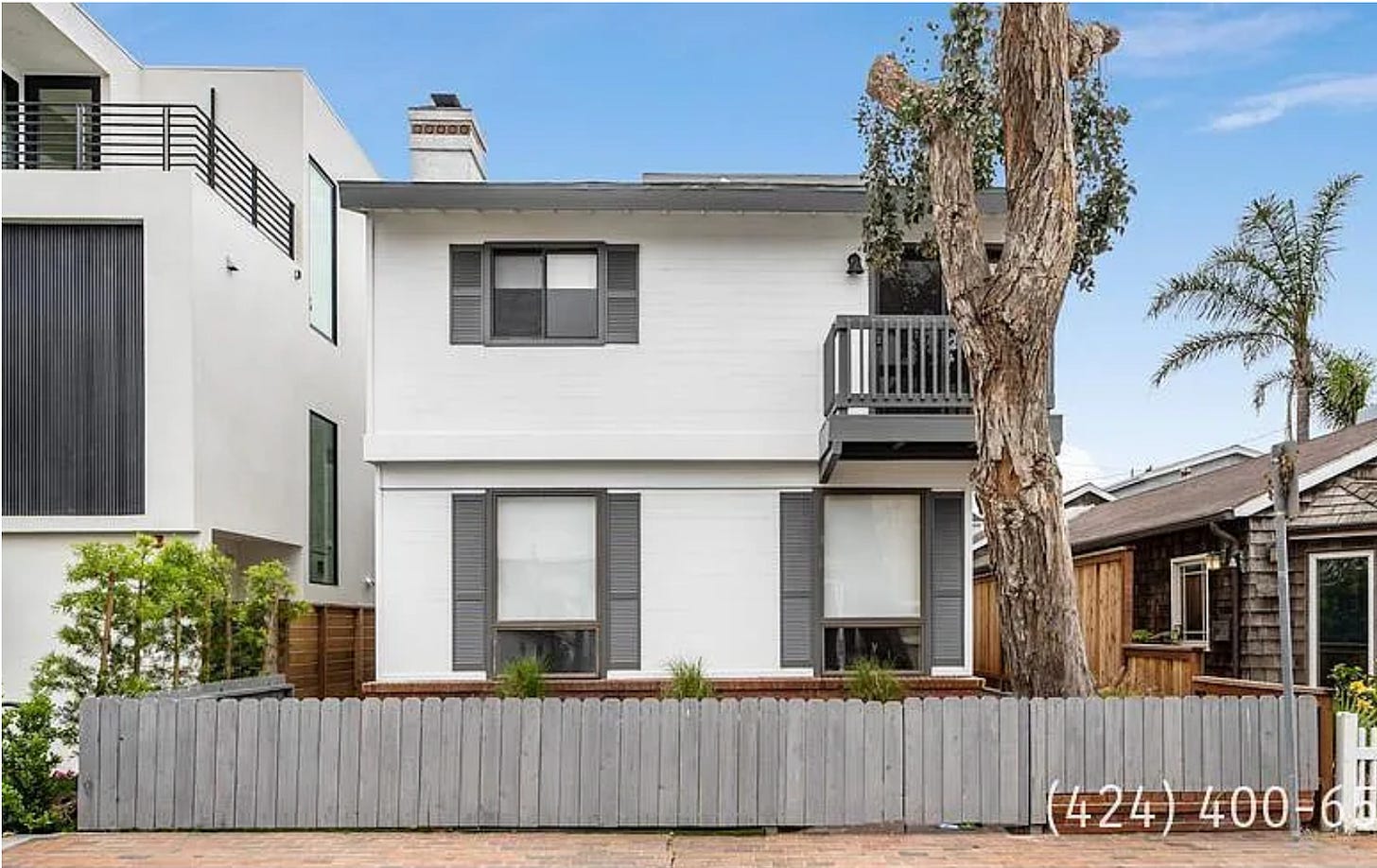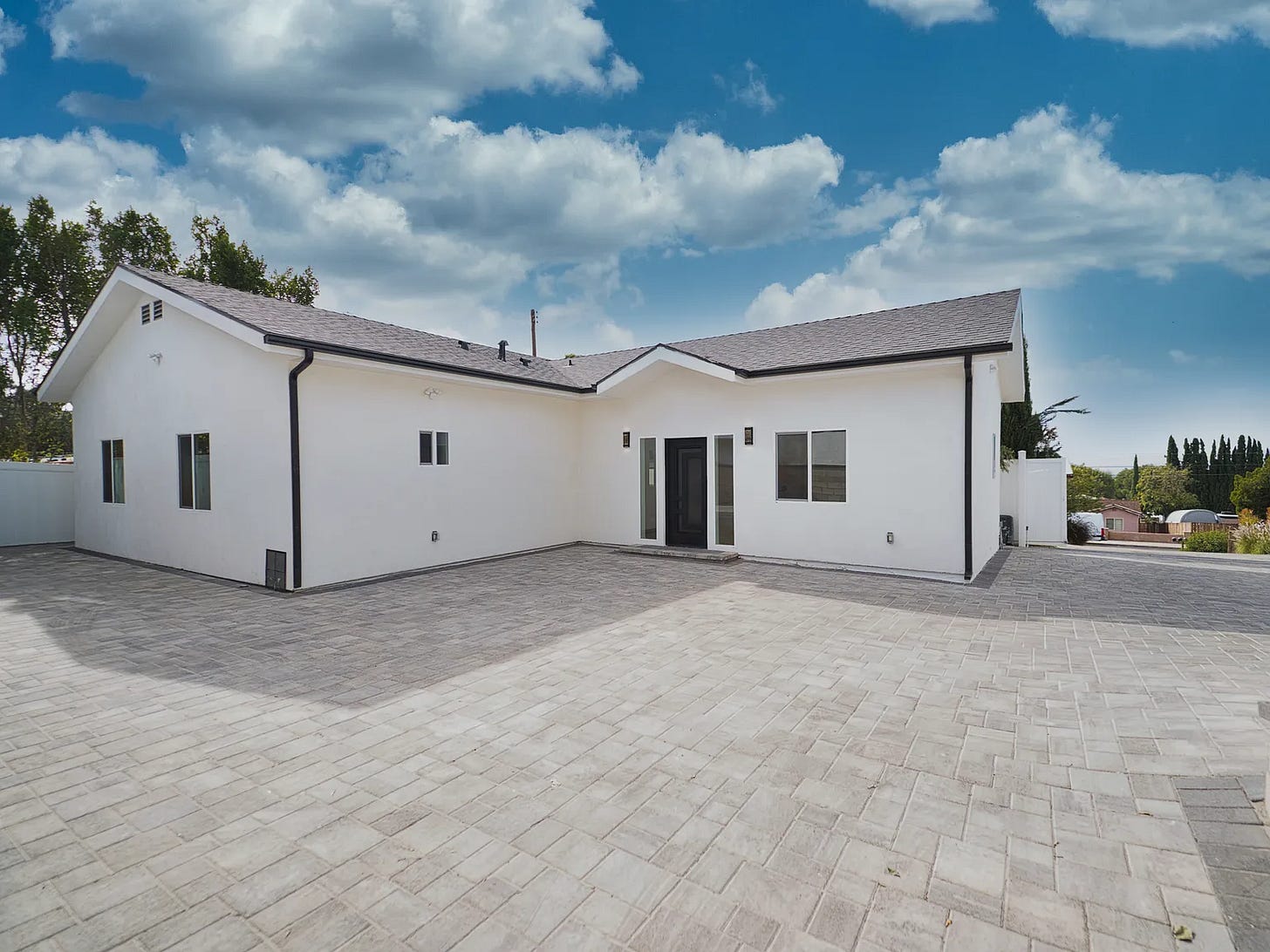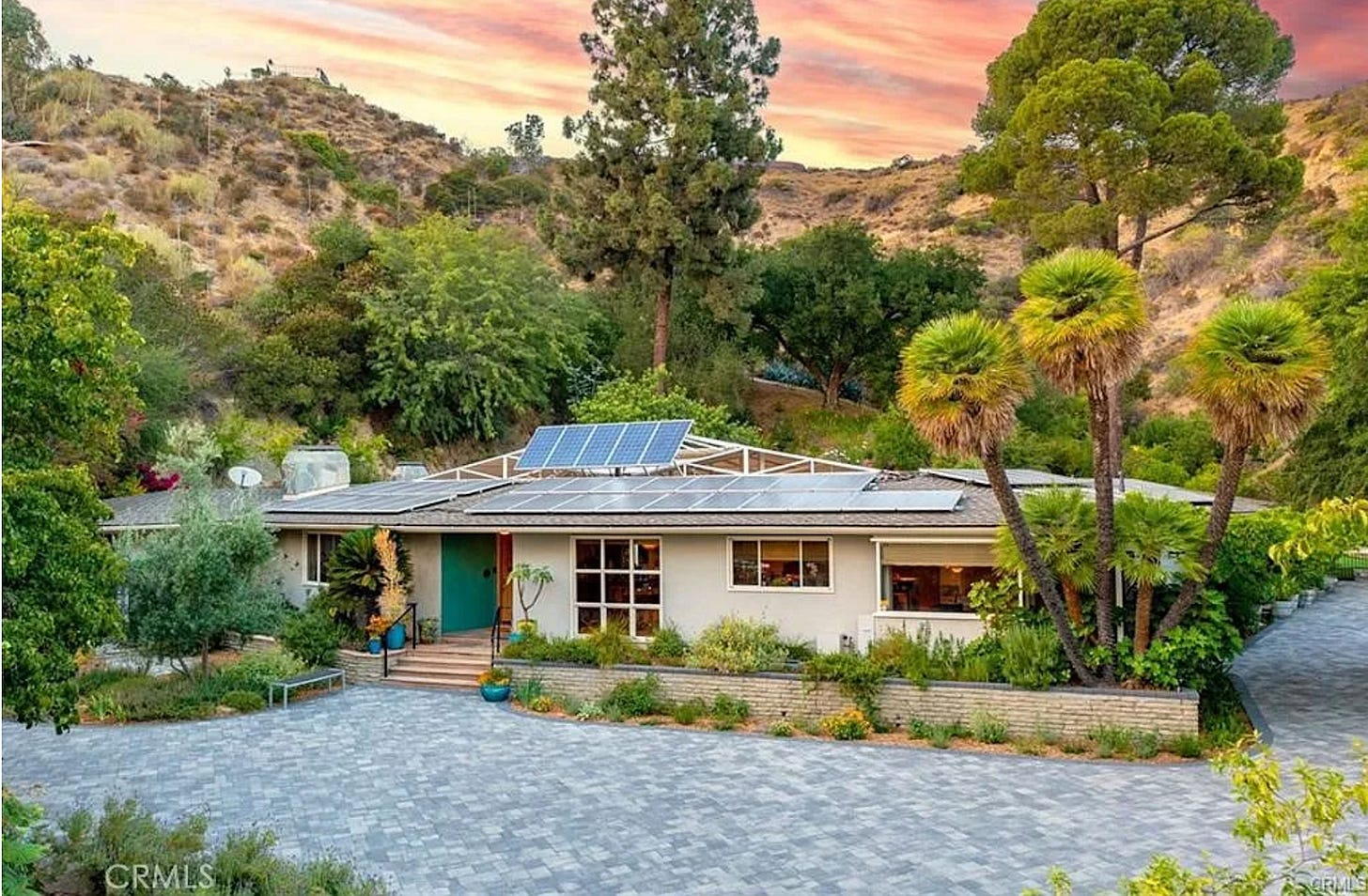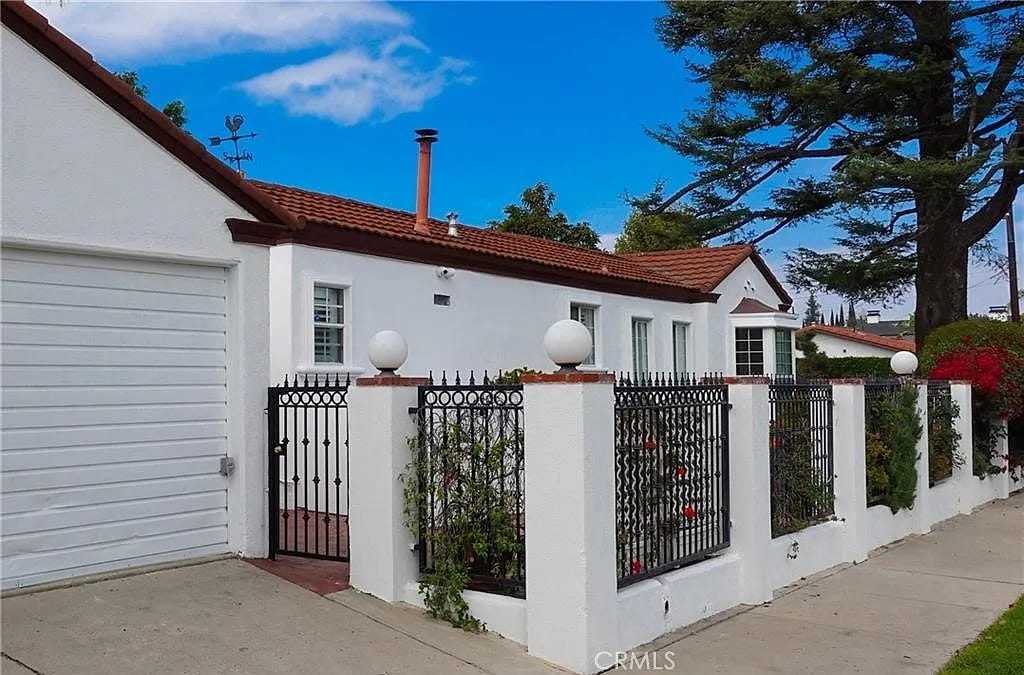Landlords gouge victims of LA fires
The devastating fires in Los Angeles have killed 24 people. The fires have burned tens of thousands of acres, and hundreds of thousands of Angelenos have been forced to evacuate. The blaze has destroyed at least 12,000 structures and thousands of people have nowhere to live.
For most people, this is a horrific tragedy. But numerous landlords in the area are treating it as a money-making opportunity.
A review of rental listings revealed dozens of properties where the landlords have sharply increased their prices since the fires began on January 7. Popular Information used Zillow to identify rental homes in communities near the areas impacted by the fires — including Pacific Palisades, Santa Monica, Manhattan Beach, Huntington Beach, and the San Fernando Valley — that have increased their asking price over the last week.
While not every rent increase is evidence of exploitation, the timing and scale of many increases strongly suggest price gouging is occurring.
In Manhattan Beach, for example, Popular Information identified a five-bedroom home listed on December 31, 2024, for $8,750 per month. By Monday, the rent was bumped up 125 percent to $19,750 monthly.
But it is not only luxury properties with ocean views whose prices have skyrocketed in the last week.
A three-bedroom home in Tujunga, listed for $4,100 on December 28, was increased to $8,500 on January 7, the day the Pacific Palisades fire broke out, 93 percent higher than its initial listing price.
Popular Information found dozens of homes whose rents property managers have hiked during Los Angeles’s state of emergency. Some are 5,000-square-foot mansions that regularly go for tens of thousands of dollars per month. Others are modest single-family homes that can already be too expensive for many renters.
California Governor Gavin Newsom (D) declared a State of Emergency for Los Angeles and Ventura counties on January 7. Landlords who have increased rent by more than 10% since January 7 could find themselves on the wrong side of the law. California's price gouging law prohibits increasing rental prices by more than 10% for 30 days after a State of Emergency is declared. For housing not rented at the time of the declaration, the rental price is defined as the most recent price paid or offered within one year. (For housing that hasn't been offered for rent within the last year, the price is capped at "160 percent of the fair market rent established by the United States Department of Housing and Urban Development.")
Violations of the state's price gouging law are punishable by up to a year in jail, a $10,000 fine, or both. On Sunday, Los Angeles County Sheriff Robert Luna said that state and federal prosecutors were "very eager to prosecute anyone who thinks they’re going to take advantage of the people who have been through this tragedy."
Some landlords appear to be belatedly familiarizing themselves with the law. Popular Information identified several properties where the rental prices were increased well in excess of 10% after January 7 but then subsequently decreased to be at or just below the legal limit. These landlords are also exploiting the fires to increase their profits, but they are now doing so within the technical limits of the law.
One four-bedroom home in Glendale has undergone three price changes in less than a week. After being purchased in November 2024 for just over $3 million, the house was listed on January 7 at $11,800 per month. Two days later, the price shot up to $17,900 per month, a 51% increase. Then on January 12, the price was reduced to $12,980 — exactly 10 percent higher than the price it was listed for on January 7, making it the legal maximum the property manager can charge under the emergency order.
A three-bedroom home in Sherman Oaks, CA was initially listed for $6,975 on December 3 and then increased to $8,000 on January 9 — a 14.7% increase. On January 12, the price was adjusted to $7,670, representing a 9.96% increase over the initially listed rent.
Popular Information also found two properties whose rents were raised by 40% and 60% that were then reduced but remain above the legal limit. Several other properties have been reduced to below the 10% threshold.
Popular Information's analysis focused on rental homes, and not apartments, because prices for multi-family units are more opaque. California Attorney General Rob Bonta, however, emphasized that large corporate landlords will also be scrutinized. In a press conference on Saturday, Bonta noted that "some of our landlords use algorithms based on demand and supply to set their prices," referring to AI software like RealPage. Bonta warned that blaming software, or claiming ignorance of the law, "is not an excuse."






Somehow I feel this is just the tip of the iceberg. The next 4 years are going to leave average Americans in the dust if the Republicans have anything to say about it.
I'm glad CA has an existing law, and someone knows the problem. That behavior is all the more egregious because some of these landlords might be neighbors. Just the fact that they raised the prices in the first place shows what kind of people they are.